Contract Basics: What is a “Default?”
Contracts are an essential tool for maintaining friction-free business relationships. They lay out clear guidelines for what each party agrees to do and create a legal obligation for each party to follow through on that agreement. If one party fails to uphold its promise, it constitutes a default or breach of the contract.
In this article, we’ll review defaults, contractor remedies, and some standard provisions you should include in your contracts to minimize the effects of contractor remedies.
What is a default?
Default is simply when a party to a contract fails to do what it promised. In construction, defaults are sometimes the result of financial issues, especially during economic downturns when funding for a project dries up.
One way to protect yourself in the event that the other party defaults is to include remedies for defaults by the subcontractor and the contractor in the contract.
Things that may constitute a default on the part of a subcontractor are:
Failing to supply workers or materials of suitable quantity or quality.
Failing to complete work by the deadline specified in the contract.
Stopping, delaying, or interfering with the work of the contractor or other subcontractors.
Failing to meet performance requirements of any terms specified in the contract.
Non-performance remedies for contractors
If a contractor declares a subcontractor in default, the contractor has several remedies at its disposal, in addition to any extra remedies that were negotiated in the contract. For example, the parties’ contract may include language that three days after providing the subcontractor with written notice, a contractor’s remedies include to:
Perform the work itself or have it finished through another subcontractor.
Deduct the cost of any labor or materials from what the contractor was to owe the subcontractor who was found in default.
Terminate part of all of the contract with the subcontractor.
Enter the premises and take possession of materials, equipment, tools, appliances, and other items for the purpose of completing the work.
Employ any person(s) to complete the labor and provide any materials, service, equipment, and anything else necessary to complete the work.
Charge the subcontractor an administrative fee of 15% of all costs that the contractor incurred in exercising any of the above remedies.
If a contractor declares default, the subcontractor may also be required to assign to the contractor any lower-tier subcontracts, purchase orders, rental agreements, or other contracts the contractor desires to take.
The contract may also provide in the event of a termination, the subcontractor is not entitled to any further payments until the work is wholly completed to the satisfaction of the contractor, owner, and architect. Upon completion of the work, if the costs and expenses incurred by the contractor to complete the work are less than the unpaid balance owed to the subcontractor, it shall be paid by the contractor to the subcontractor. However, if the expenses incurred to complete the work are greater than the unpaid balance, then the subcontractor and its surety, if any, will pay the difference to the contractor upon demand.
These costs include the costs to complete the work, plus any losses, damages, costs, administrative fees, fines, penalties, and expenses (excluding legal fees and expenses incurred in defending claims arising from default) incurred as a result of the subcontractor’s default.
How subcontractors can protect themselves
In a default, contractors are in a powerful position, which can have a significant negative impact on a subcontractor’s business. However, there are ways that a subcontractor can protect itself from contractor remedies.
When negotiating an agreement for a project, subcontractors should have a set of standard contract provisions that they request. Doing so can greatly diminish the negative impact of a default.
These provisions may include:
No backcharges or claim of the contractor for services is valid except as agreed to in writing by the subcontractor before beginning work, except in the event that the subcontractor fails to meet a requirement of the agreement. In that event, the contractor should notify the subcontractor of the default in writing and allow reasonable time for the subcontractor to correct any deficiency before incurring costs chargeable to the subcontractor.
No backcharge is valid unless the bill is rendered by the 15th day or sooner of the month following the charge being incurred.
Subcontractor should be given a reasonable amount of time to make delivery of services and materials and shall not be responsible for delays or defaults caused by events beyond the subcontractor’s control.
Contractor should prepare all areas to be acceptable for subcontractor work. Also, contractor will provide temporary site facilities, including storage space, hoisting temporary electrical, and water at no cost to the subcontractor.
Contractor shall make no demands for liquidated or actual damages in excess of the amount paid by the customer for unexcused delays caused by the subcontractor.
Use contracts to protect your interests
Having a set of standard contract provisions makes it easier to negotiate favorable terms as a subcontractor. If you’d like assistance drafting the provisions that are best for your business, or if you’d like a professional review of the set you currently use, please get in touch.





